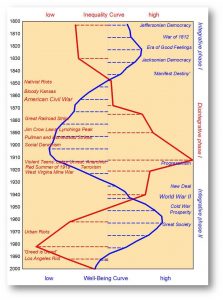by Patrick Fearon-Hernandez, CFA | PDF
The COVID-19 pandemic of 2020 is now starting to fade from memory. Four years after the sudden outbreak of the disease sparked mass economic shutdowns, mask wearing, and millions of deaths, it’s tempting to think the crisis is becoming just another episode of history. However, the pandemic clearly led to changes in the global economy. For example, it helped usher in an era in which governments and companies worry a lot about potential supply chain disruptions.[1]
In this report, we discuss how the pandemic changed the United States labor supply. We focus on two key developments during the pandemic: 1) the mass excess retirements and deaths of baby boomers,[2] and 2) the generous income support programs implemented by the federal government. Considering these developments as a package, we show how they essentially amount to a labor market reform — perhaps the most significant US labor market reform in decades. We then examine how these labor market changes could help spur outsized US economic growth in the coming years, albeit with additional upward pressure on consumer price inflation and interest rates. We wrap up by examining the implications for investors.
[1] This would not be the first time a pandemic affected the labor markets. The “Black Death” in the 1300s killed so many workers that the lucky survivors saw a jump in real wages. After the Spanish Flu epidemic of 1918, something similar occurred.
[2] The baby boomer generation is conventionally considered to be all those born from 1946 to 1964.



